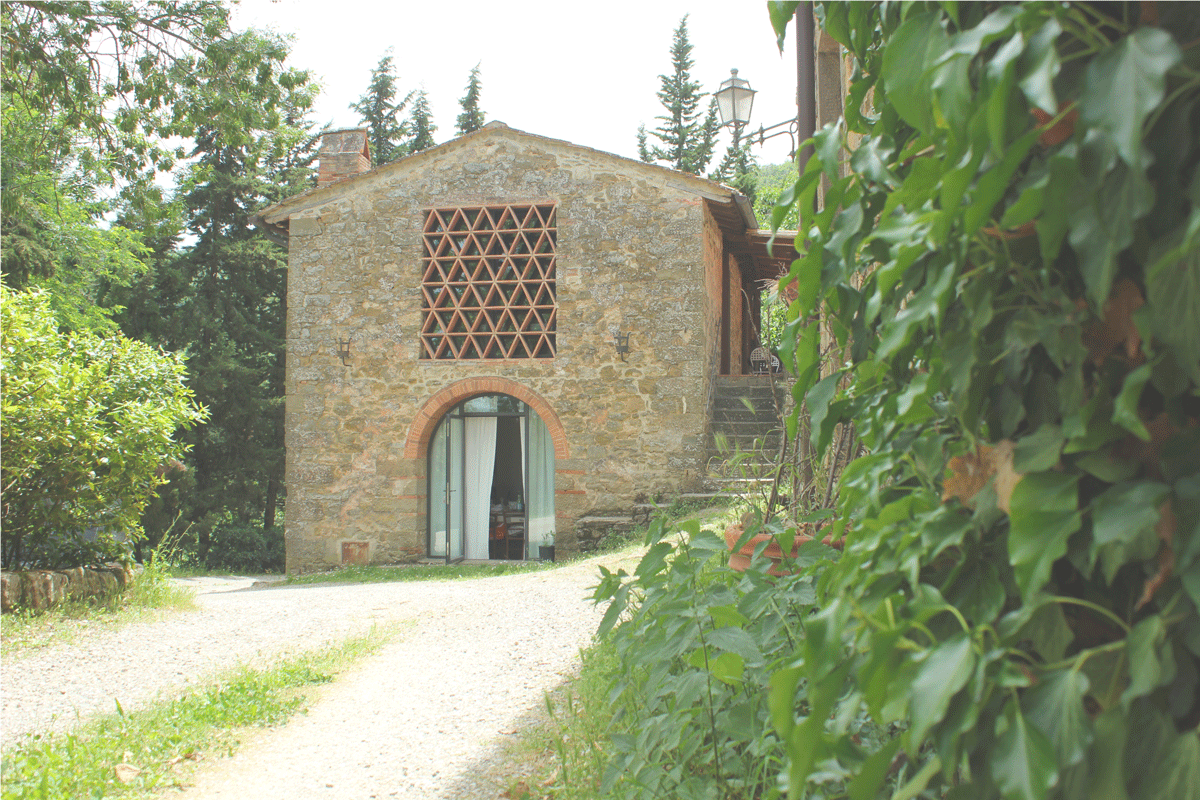The vineyards of I Fabbri are located at an altitude between 550 and 650 meters above sea level. Part of the vineyards are rooted in beautiful centuries-old terraces, restored in 2002 and restored to their former glory. Today they represent a magnificent natural amphitheater, in the heart of the Chianti Classico, from which to enjoy a superb view of the oak and conifer woods and the sunset. The exposure of the vines is to the south, south / west: this allows the plants and grapes to enjoy the heat of the sun during the day, the same heat that is also accumulated by the dry walls and gradually released at night, helping the ripening of the berries. The walls, in turn, are a precious testimony of the past and of the agricultural vocation of this land.
Each I Fabbri vineyard is an important chapter in its history. Each vine, each branch, contributes with its character to making the Chianti Classico de I Fabbri and its other Tuscan wines unique in their kind. Vineyards with their own exposure, different parcels of land, plants now more than forty years old or younger vines: after harvesting by hand, the grapes are processed separately, so as to preserve intact the organoleptic characteristics and the distinctive traits. From the highest vineyards are born the Chianti Classico Lamole and the Chianti Classico Olinto, in addition to the pure Merlot Doccio; from the lower ones, however, the wines with greater structure, such as the Chianti Classico Riserva and the Gran Selezione. And no, every vintage is not the same as the previous ones, because wine is a living material: nature, as we know, is never static or identical to itself.






